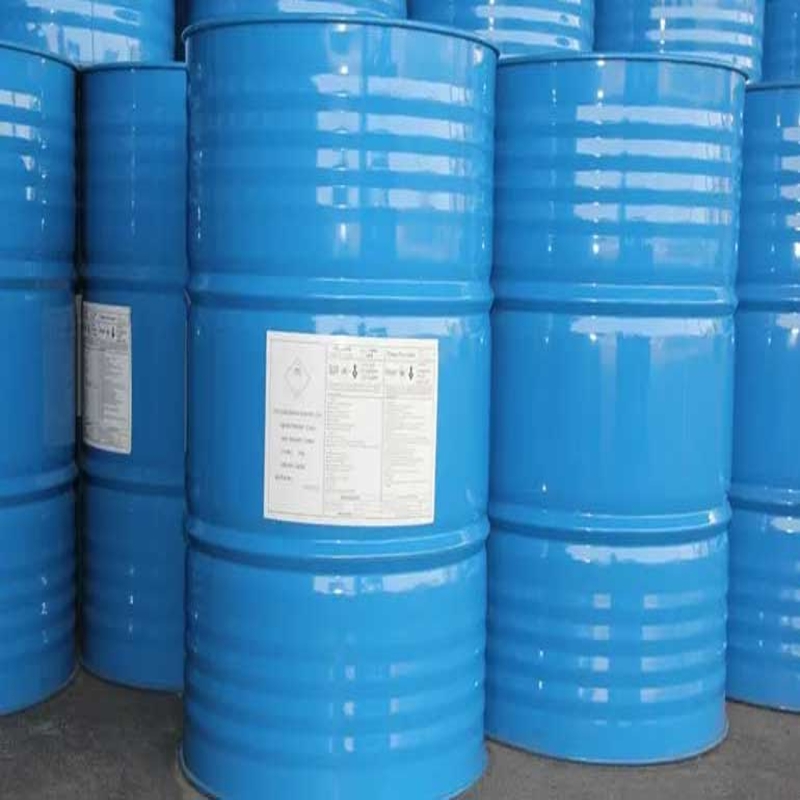-
Categories
-
Pharmaceutical Intermediates
-
Active Pharmaceutical Ingredients
-
Food Additives
- Industrial Coatings
- Agrochemicals
- Dyes and Pigments
- Surfactant
- Flavors and Fragrances
- Chemical Reagents
- Catalyst and Auxiliary
- Natural Products
- Inorganic Chemistry
-
Organic Chemistry
-
Biochemical Engineering
- Analytical Chemistry
-
Cosmetic Ingredient
- Water Treatment Chemical
-
Pharmaceutical Intermediates
Promotion
ECHEMI Mall
Wholesale
Weekly Price
Exhibition
News
-
Trade Service
A few days ago, Beijing and Shanghai and other places are considering to improve the warranty period
of power batteries.
According to the current vehicle and battery warranty service standards announced by various car companies, most power batteries provide a warranty of 5 years and 100,000 kilometers, how to extend the service life of the battery at the existing technical level? The main thing depends on the charging method
.
Beijing and Shanghai, as the leading demonstration cities for the promotion of new energy vehicles in China, revised the local management rules in response to the clear requirements of the four ministries and commissions on quality assurance, that is, new energy vehicle manufacturers should provide consumers with quality assurance of energy storage devices such as power batteries, drive motors and motor controllers, of which passenger car manufacturers should provide a warranty period
of not less than 8 years or 120,000 kilometers (whichever comes first).
According to industry insiders, some batteries advertised to provide an 8-year warranty may not actually reach this level
.
Since there are individual differences in the production and manufacturing of single batteries in the electric vehicle power lithium-ion battery pack, and the degree of aging in use is also different, if appropriate measures are not taken during the charging process, this difference will be cumulatively expanded, resulting in a significant reduction in overall battery performance or a serious shortening
of life.
Therefore, different charging methods are important factors affecting the performance and service life of single lithium batteries, and the appropriate charging method can not only maximize the battery capacity, but also extend the battery life
.
For consumers who pay attention to electric vehicles, in addition to range anxiety, the most concerned issue is about the warranty of power batteries, as the core components of electric vehicles, once the battery capacity is greatly attenuated, the service life is shortened and other problems, it is necessary to spend money to repair or replace the battery pack, and the "cost advantage" that electric vehicles originally have will also be gone
.
Mikael Cugnet, a battery expert at the French Atomic Energy Commission, once proposed in a speech to the American Chemical Society that if used properly, the battery life of electric vehicles can even last up to 20 years
.
Cugnet said that the current estimated life of lithium-ion batteries based on accelerated tests is generally about 8 years, but this does not necessarily accurately reflect how long lithium-ion batteries can actually last
.
He believes that if used properly, electric vehicle power battery packs can operate reliably for 15 years, and possibly up to 20 years
.
The main thing depends on how the user charges and what temperature environment it is used
.
A few days ago, Beijing and Shanghai and other places are considering to improve the warranty period
of power batteries.
According to the current vehicle and battery warranty service standards announced by various car companies, most power batteries provide a warranty of 5 years and 100,000 kilometers, how to extend the service life of the battery at the existing technical level? The main thing depends on the charging method
.
Beijing and Shanghai, as the leading demonstration cities for the promotion of new energy vehicles in China, revised the local management rules in response to the clear requirements of the four ministries and commissions on quality assurance, that is, new energy vehicle manufacturers should provide consumers with quality assurance of energy storage devices such as power batteries, drive motors and motor controllers, of which passenger car manufacturers should provide a warranty period
of not less than 8 years or 120,000 kilometers (whichever comes first).
According to industry insiders, some batteries advertised to provide an 8-year warranty may not actually reach this level
.
Since there are individual differences in the production and manufacturing of single batteries in the electric vehicle power lithium-ion battery pack, and the degree of aging in use is also different, if appropriate measures are not taken during the charging process, this difference will be cumulatively expanded, resulting in a significant reduction in overall battery performance or a serious shortening
of life.
Therefore, different charging methods are important factors affecting the performance and service life of single lithium batteries, and the appropriate charging method can not only maximize the battery capacity, but also extend the battery life
.
For consumers who pay attention to electric vehicles, in addition to range anxiety, the most concerned issue is about the warranty of power batteries, as the core components of electric vehicles, once the battery capacity is greatly attenuated, the service life is shortened and other problems, it is necessary to spend money to repair or replace the battery pack, and the "cost advantage" that electric vehicles originally have will also be gone
.
Mikael Cugnet, a battery expert at the French Atomic Energy Commission, once proposed in a speech to the American Chemical Society that if used properly, the battery life of electric vehicles can even last up to 20 years
.
Cugnet said that the current estimated life of lithium-ion batteries based on accelerated tests is generally about 8 years, but this does not necessarily accurately reflect how long lithium-ion batteries can actually last
.
He believes that if used properly, electric vehicle power battery packs can operate reliably for 15 years, and possibly up to 20 years
.
The main thing depends on how the user charges and what temperature environment it is used
.







